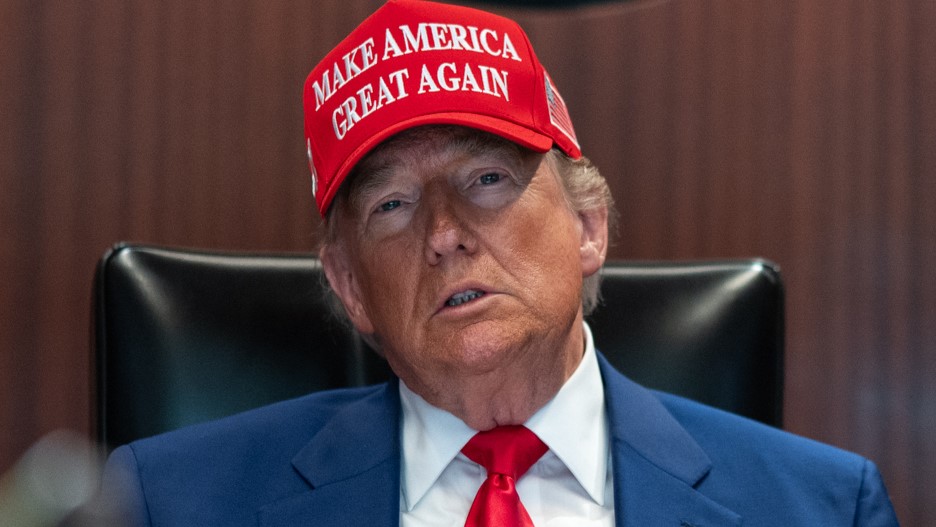Trump said that every alleged Venezuelan drug boat his administration targets “kills 25,000 Americans.” That figure is absurd. In 2024, the U.S. saw around 82,000 drug overdose deaths total.
Others are reading now
At a Cabinet meeting on October 9, 2025, President Donald Trump made a series of misleading and false claims, many focused on childhood vaccines.
He also misrepresented facts about drug prices, overseas conflicts, and the 2020 election. Here’s a breakdown of the most notable inaccuracies, as fact-checked by CNN’s Daniel Dale.
Babies don’t receive 82 vaccines

Trump wrongly claimed that infants are given 82 vaccines “in a shot” before they’ve “even formed.” That number isn’t remotely accurate.
According to CDC guidelines, babies typically receive fewer than 20 distinct vaccines and about 20–30 doses by 15 months—spread across multiple visits and never in one injection.
Vaccine doses are tiny—not the size of water glasses

While gesturing toward a glass of water, Trump suggested vaccines are “twice the size” of that. This is entirely false. Infant vaccines are typically 0.5 milliliters, around a tenth of a teaspoon.
Also read
There’s no vaccine remotely close in volume to a glass of water, let alone two. His autism speculation has also been thoroughly discredited by scientific studies.
False claims about the Amish and autism

Trump claimed Amish people “don’t take any of this stuff” (referring to vaccines or medications) and have “no autism.” But experts say this is wrong. Some Amish communities do vaccinate and use medications like Tylenol.
Autism does exist in Amish populations, though comprehensive data is limited. The claim that they’re unaffected is simply not true.
No, the measles vaccine isn’t separate
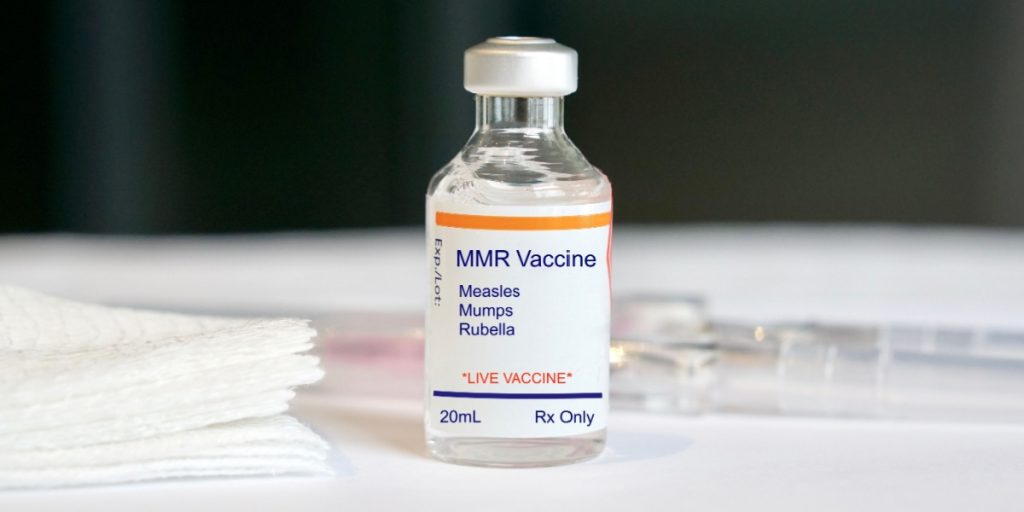
Trump repeated his call to split the MMR vaccine and claimed, “The measles is already separate now.” But the U.S. doesn’t offer a standalone measles vaccine.
While officials have encouraged manufacturers to create separate shots, such products don’t yet exist. The standard vaccine still combines measles, mumps, and rubella in one dose.
Also read
25,000 deaths per drug boat? That’s absurd

Trump said that every alleged Venezuelan drug boat his administration targets “kills 25,000 Americans.” That figure is absurd. In 2024, the U.S. saw around 82,000 drug overdose deaths total.
Claiming that each intercepted boat equals nearly a third of that total defies math and logic, according to public health experts.
His ‘eight wars’ claim doesn’t add up

Trump claimed the Gaza ceasefire was the eighth war he had “settled,” following seven others. But several listed conflicts weren’t actual wars or remain unresolved. For example, Egypt and Ethiopia’s dam dispute is still ongoing.
The Serbia-Kosovo situation didn’t erupt into war during his presidency, and Congo’s conflict hasn’t ended.
Can you cut prices by 500%? No, you can’t

Trump once again exaggerated the potential impact of his prescription drug policy, claiming reductions of “100%, 200%, 300%, 500% and even more.”
Also read
A 100% cut means the price drops to zero. Anything beyond that is mathematically impossible. His plan’s actual impact remains uncertain and would depend heavily on pharmaceutical industry cooperation.
Trump repeats 2020 election falsehood
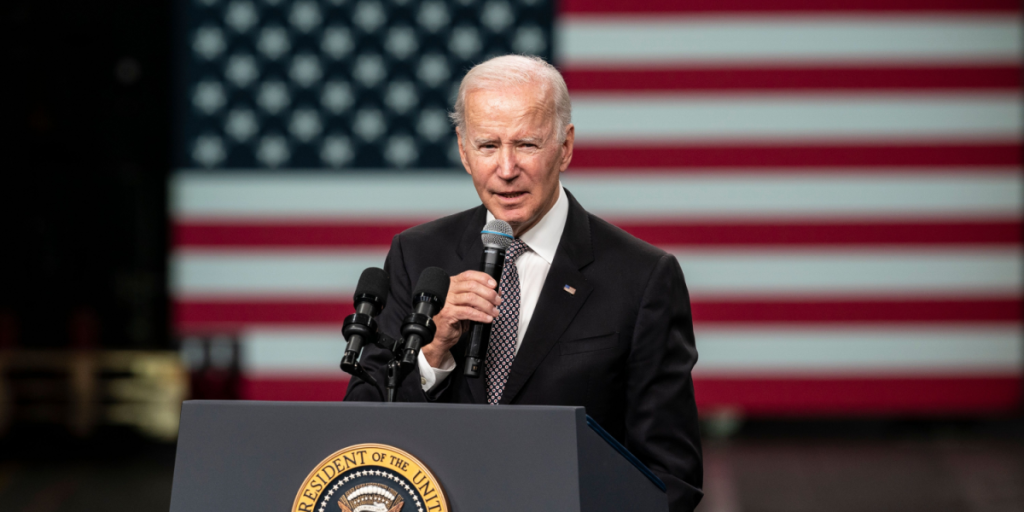
Despite no evidence of widespread fraud, Trump repeated his false claim that the 2020 election was “rigged” and that “the wrong guy got in.” Courts, audits, and election officials have all confirmed Joe Biden’s win was legitimate.
These repeated statements have been widely debunked and rejected by the legal system.
Misleading tax claim about Social Security

Trump said a new law he signed ensures “no tax on Social Security.” In reality, the bill offers a temporary $6,000 deduction for some people over 65, but millions still pay taxes on benefits.
The deduction doesn’t apply to recipients under 65 and will expire in 2028. The claim doesn’t reflect the law’s actual impact.
Also read
Vaccine misinformation fuels public confusion

Trump’s comments about vaccines, repeating discredited links to autism and exaggerating doses, contribute to a dangerous misinformation trend.
Public health experts warn that these kinds of statements can reduce vaccination rates, fuel distrust in science, and pose real risks to community health, especially among vulnerable groups.
Foreign policy exaggerations reflect a pattern
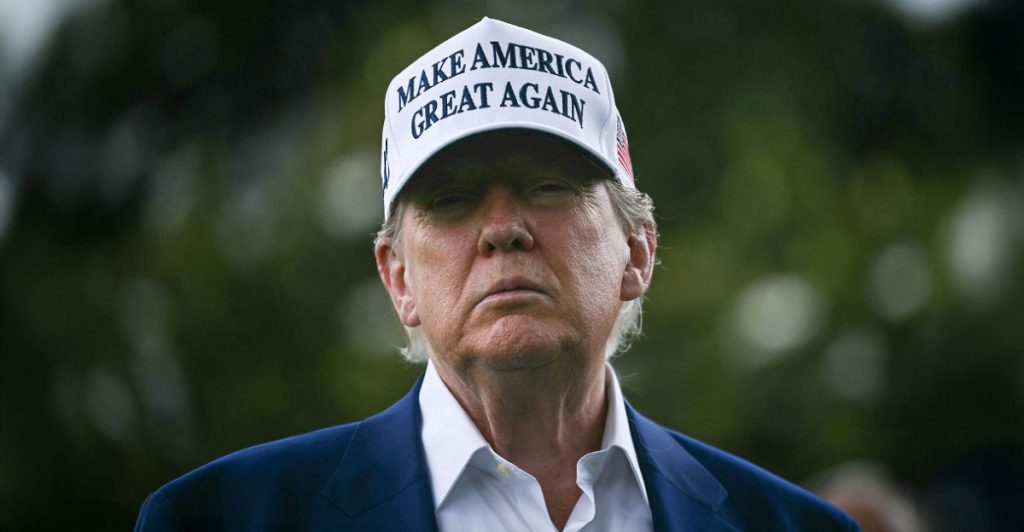
Trump’s habit of inflating his achievements isn’t new. Claims of ending wars that were never officially declared or exaggerating ceasefires fit a broader pattern.
By using loosely defined terms like “major conflicts,” he paints an inflated picture of his diplomatic successes, often without backing from verifiable outcomes.
Misinformation remains a key 2025 election issue
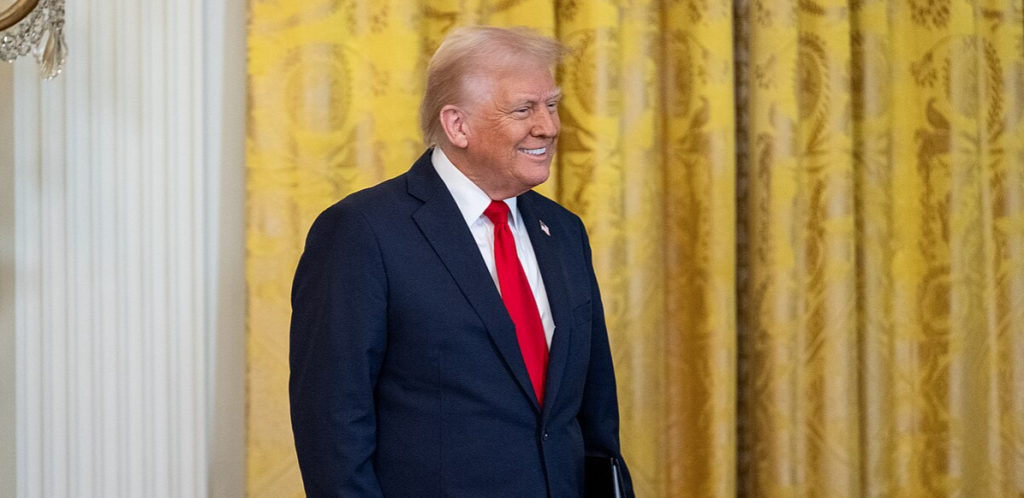
As the 2025 political landscape heats up, Trump’s Cabinet room performance highlights a broader concern: the persistence of misinformation at the highest levels.
Also read
From vaccines to election results, unchecked false claims continue to shape public opinion. Fact-checking remains essential in separating rhetoric from reality.

